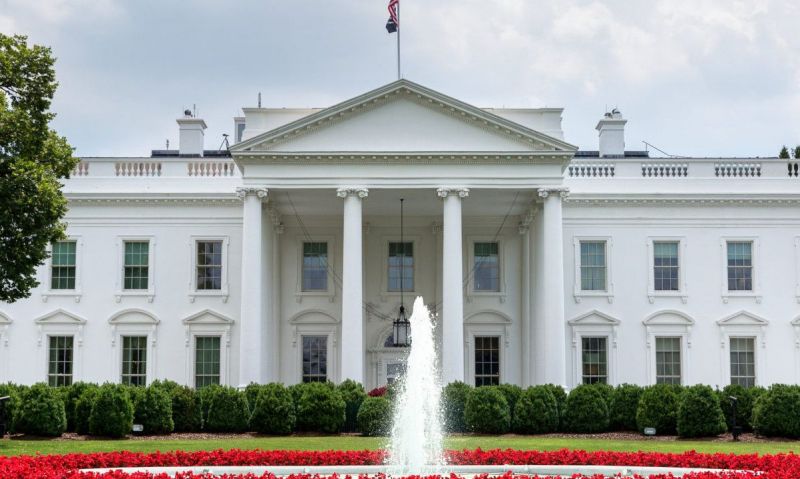
Plan tasks departments of Defense, Justice, Health and Human Services, Veterans Affairs and Homeland Security with educating veterans about how to store firearms to limit their access to them in times of crisis.
The White House released a new national strategy Tuesday for preventing veteran suicide, purporting that it would harness the full breadth of the federal government to tackle the issue.
The strategy contains five priorities, which includes placing greater emphasis on the safe storage of firearms. The plan tasks the departments of Defense, Justice, Health and Human Services, Veterans Affairs and Homeland Security with educating veterans about how to store firearms to limit their access to them in times of crisis.
In addition to emphasizing firearm safety, the strategy aims to limit barriers to mental health care, reduce housing and food insecurity, increase research and improve emergency room crisis care, among other things. These issues will be addressed with a “series of executive actions” in the coming weeks, the strategy states.
“What’s needed now is a comprehensive, cross-sector, national effort — a public health strategy that unites us around a common mission to reduce military and veteran suicide, and lays out the steps to achieve it,” President Joe Biden wrote in a letter announcing the plan.
In 2019, 6,261 veterans died by suicide. Though suicides decreased slightly from the previous year, suicide among veterans remained disproportionately high when compared to the rest of the population.
Firearm deaths accounted for more than 70% of veteran suicides that year.
The VA recently announced its intent to prioritize firearm safety as a method to prevent veteran suicides. Matthew Miller, executive director of the VA’s suicide prevention program, said in September that the department was “addressing this issue aggressively” by teaching lethal means safety, which is a voluntary action that veterans can take to reduce their suicide risk by limiting their access to firearms.
Citing studies, Miller said the time between someone deciding to attempt suicide and that person acting on the impulse is sometimes less than 10 minutes. To help decrease access to firearms during a crisis, the department is teaching veterans to store their guns locked and unloaded while not in use, with ammunition stored separately.
In addition to the VA, other federal agencies will begin educating the public about the safe storage of firearms and medications, the White House plan states. The strategy also calls on departments to increase training on lethal means safety for counselors, crisis responders and health care professionals — those employed by the government and the private sector.
A VA program titled Safety Planning in the Emergency Department is planned for private health care systems. The program involves medical providers working with patients and their families on a safety plan to help prevent their risk for suicide.
To increase access to mental health care, the strategy includes a provision for the VA and Defense Department to reduce or eliminate copayments for veterans and service members seeking care for mental health and substance abuse.
“It is up to us to do everything in our power to live up to our most sacred obligations,” Biden wrote in the strategy. “We owe it to our memories of those we’ve lost — and we owe it to the futures of those we might save.”
Democrats in Congress applauded the strategy Tuesday. Rep. Mark Takano, D-Calif., the chairman of the House Committee on Veterans’ Affairs, said many of the ideas in the White House plan were reflected in legislation introduced by his committee this session. He argued for the need to still pass those bills, and he said the committee would soon be introducing a mental health legislative package.
“Today’s announcement makes it clear that President Biden is committed to backing up his priorities with action, and I look forward to working with the administration to pass many of these proposals in our upcoming mental health legislative package,” Takano said. “As long as even one veteran dies by suicide each day, our work will not be finished.”
- Suicide Prevention

